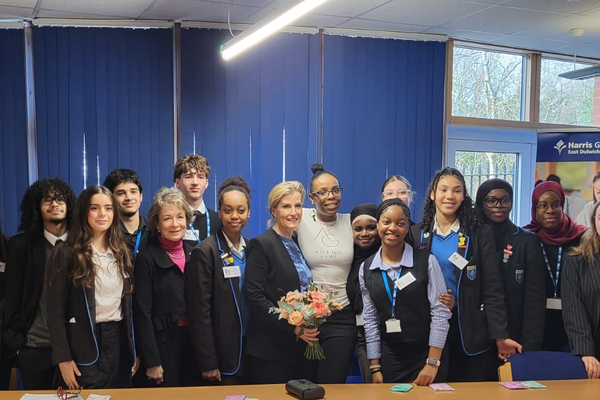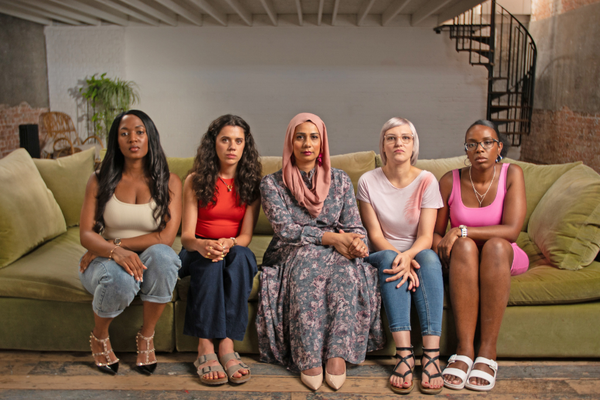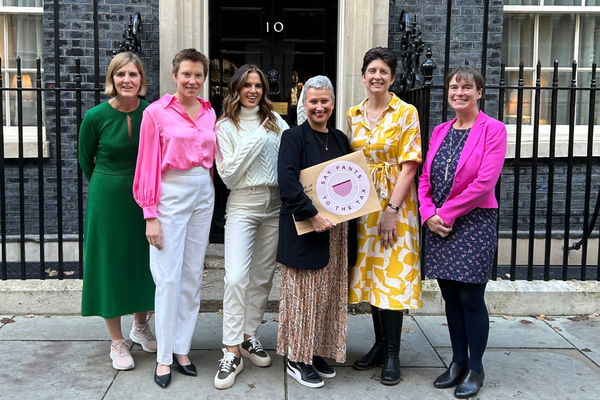
HRH The Duchess of Edinburgh joins menstrual health workshop in London school
The Duchess of Edinburgh today joined a workshop for young people about menstrual health issues showcasing work by Wellbeing of Women, a charity that she is patron of.
Tonia says despite crippling pain from health issues, she found little support

The Duchess of Edinburgh today joined a workshop for young people about menstrual health issues showcasing work by Wellbeing of Women, a charity that she is patron of.

Our ‘Just a Period’ Big Give Christmas Challenge is live - donate now to end the shame and silence surrounding period symptoms

On Tuesday 24 October, supporters for Say Pants to the Tax – a campaign led by M&S and WUKA to level the playing field on period products, visited Downing Street.